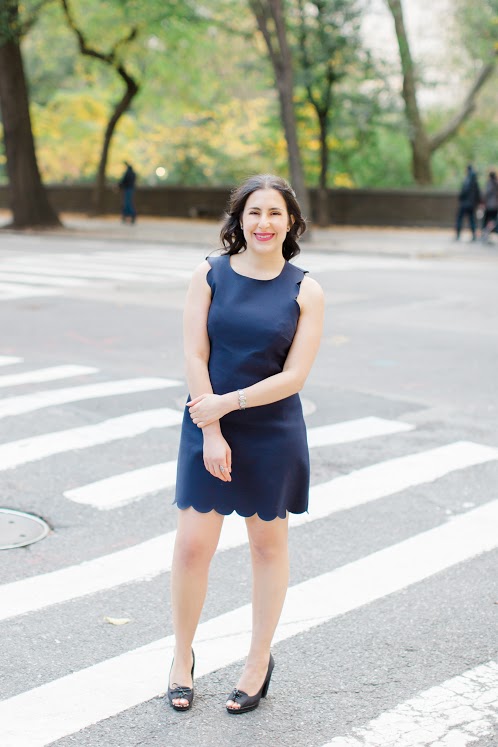I started freelance writing full-time one year ago today. I was so scared even though I had built up my freelance writing career while I worked at full-time jobs and already had contracts with a handful of publications. I had hit a tipping point where I could either focus on writing full-time and growing my own business or continuing to write on the weekends and late at night without pitching new publications or taking on much more work. 365 days ago I decided to take the leap and become a full-time freelancerand it’s pushed me to be a better journalist.
When you make a decision to focus 100% on Plan A, you rise to the occasion and make it work. I pitched more stories, wrote different types of articles, negotiated more often, and also learned to take breaks and enjoy weekends again. These are my five main takeaways from my first year as a full-time freelancer.

Build a community:
I have always loved working with people and being part of a team, so I was nervous that I would feel lonely. I don’t really have coworkers anymore, but I focused on strengthening my relationship with other writers, my editors, and other freelancers. I also started going to The Wing so I see familiar faces and I’m not in my apartment alone all day. On the days that I don’t go to The Wing, I interview people, go to meetings, get together with people for breakfast or lunch, or go on a walk in the park with one of my best friends who conveniently lives half an avenue away and also works from home. Part of building a strong community also means working hard and playing nice. I always share advice and make introductions and, luckily, people have done the same for me.
Give yourself time off:
I like having a routine and decided to work from 10 am to 6 pm during the week because that was the schedule I was used to when I worked at an office full-time. I can be flexible and go to a doctors appointment, a mid-day gym class, or a long lunch but I mainly stick to the schedule. I used to use every Sunday as a workday so that I could get all my freelance writing work done, but now I’ve learned to shut down my laptop and savor weekends so I’m recharged for the week. When you are a freelancer, you could work 24/7 (and possibly make more money because of it) but sticking to a schedule helps me make sure I’m also taking care of myself and not working around the clock because I feel “guilty” taking breaks. I haven’t planned many vacations, but I’ve been enjoying summer Fridays and took a blissful week off to go to a spa with my mom. As long as you get everything done ahead of time and communicate with your editors, you should be able to take time off and step away from the computer!
Get out of your comfort zone:
Now that I am writing full-time, I have more time to explore different topics like technology, psychology, fitness, and even writing about celebrities. I’ve also tried different writing styles like writing very quickly as a news stringer for Women’s Health, writing a personal essay for Well+Good, and writing for print. Every time I pitch a new publication, a new story, or negotiate my rates there is a small fear that someone will say “no” (or not reply at all) but you won’t get to a “yes” if you don’t ask at all so I’m getting better at not letting the possibility of rejection stop me.
Stick to the Ven Diagram:
When I was on the Her Campus panel last month, one of the panelists said that there is a ven diagram for being a successful freelancer. It is: be nice, meet your deadlines, and do a great job. It’s that simple and I’ve found that it’s true! Your editors will love you and they’ll send you assignments and be more likely to accept your pitches.
Know your worth:
Once you’ve written four or more well-written articles for a publication, ask to become a regular contributor. I think this is the key to succeeding as a freelancer, at least until you start getting very high-paying assignments. It’s scary to ask because you don’t want to be rejected, but the worst that can happen is they say “no” but to pitch one-off assignments. The best case is that they say “yes” and you have a guaranteed base income each month.































